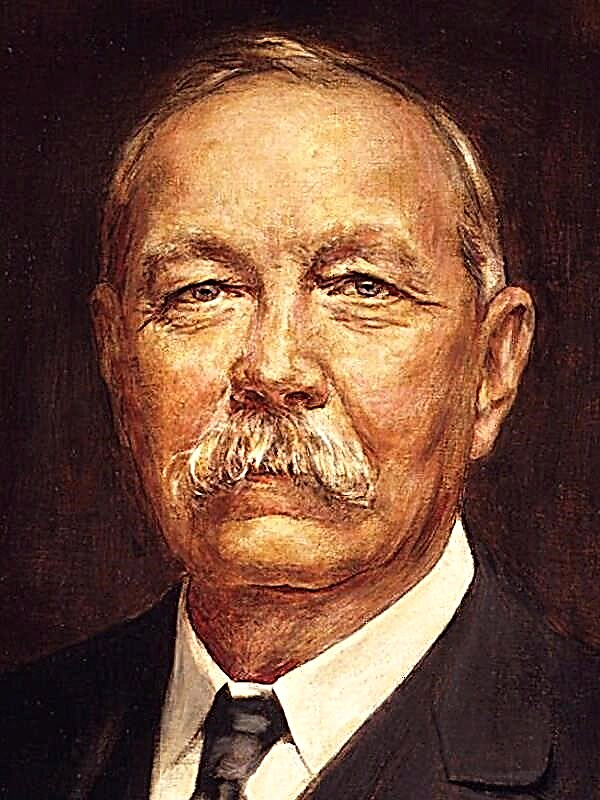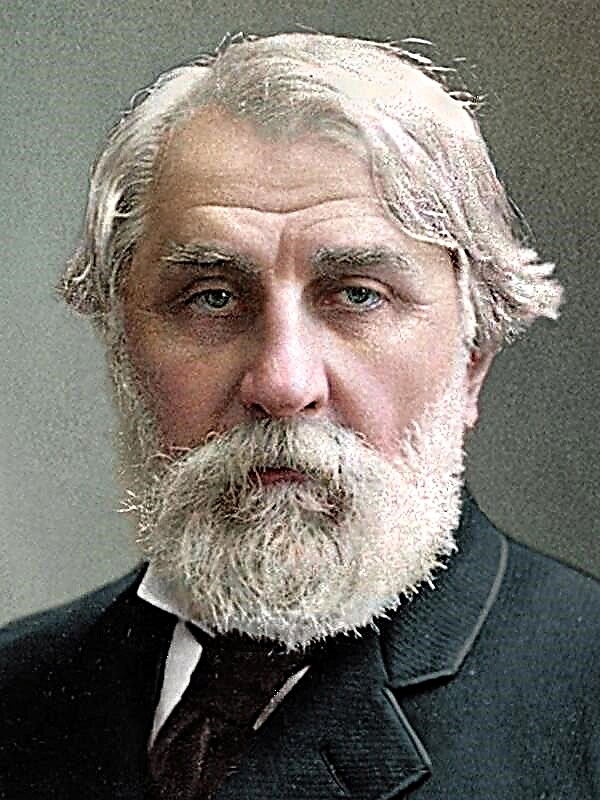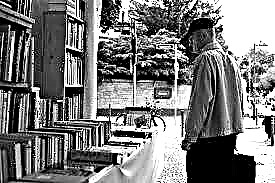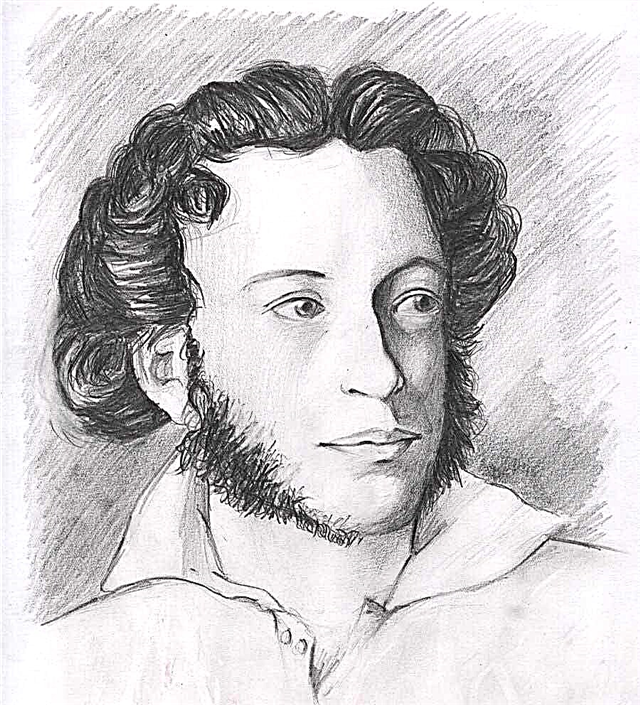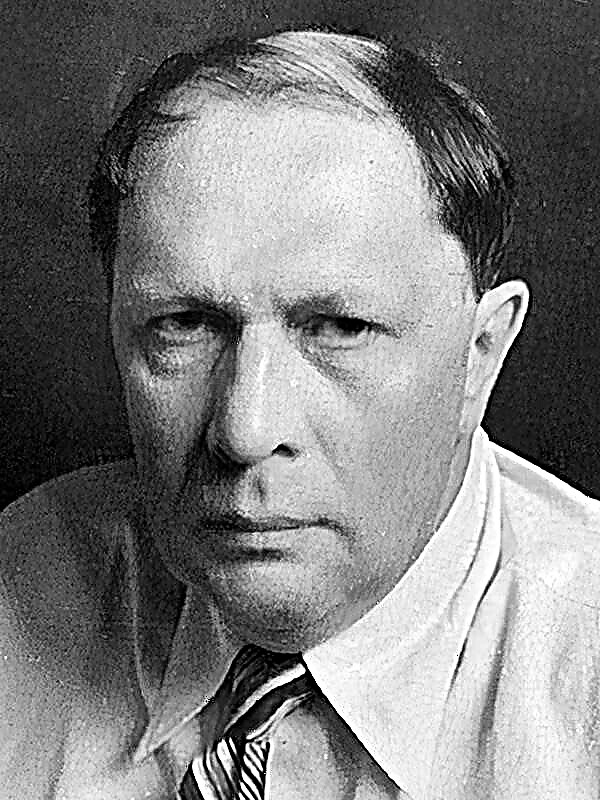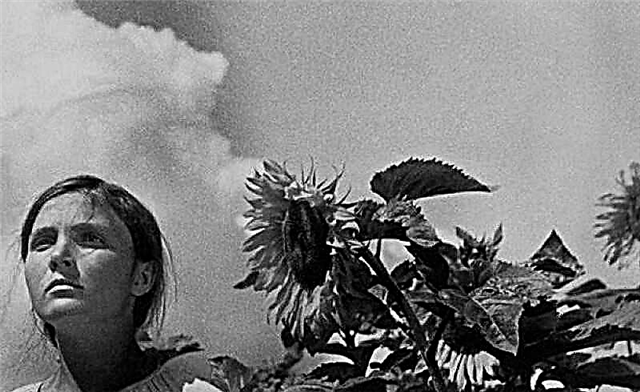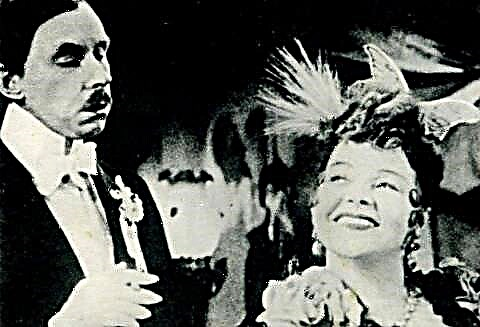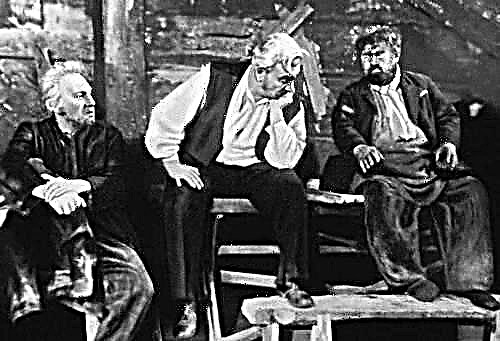(354 words) A. Griboedov was an advanced man of his time, so he tried to convey his progressive views to the public with the help of fiction. The diplomat understood that it was stupid and ineffective to directly teach society, it was necessary to find a workaround, namely, to express your thoughts in a light comedy genre that people would love to watch in the theater. He managed to do this, and Alexander Chatsky, who we can also call the foreman of his time, became the mouthpiece of his ideology, because he expressed the most daring and innovative ideas of his era.
Alexander came to Famusov’s house after taking a course abroad. There he gained innovative knowledge and fundamentally different experience, with which he wanted to enrich his compatriots, who were significantly behind the times. Russia, consisting of one big hinterland, could not keep up with progress, because it was controlled by conservatives, who cared only about their personal good, thought narrowly. That is how the Moscow nobility depicts the author. These are hypocritical, greedy and mediocre people who care about only three pillars of local morality: status, reputation and influence in society. The fate of the common people is not of interest to them, nor is the future of the country, since they are staunch opponents of education, honest service and any reforms. Chatsky also opposes this stagnation. He longs to open the eyes of the elite to the tragic situation of the peasantry and the need to abolish serfdom. He also ridicules the epigonism of Famusian society: it thoughtlessly copies Western manners and words, but at the same time it opposes the formation and development of national culture. In addition, the hero falls upon such mental deficiencies as nepotism, slavish subordination to superiors, and fear of superior persons. Careerism, greed, selfishness, and ignorance are all condemned by Alexander. Like any advanced person of any time. Chatsky is a collective image of a pioneer who makes his way through the thicket of conservatism to the discoveries and changes that the country needs. He understood this first, and he has a difficult mission - to prove this need to other people. It represents a whole type of heroes who have come a long historical way: from ancient prophets to modern opinion leaders.
Thus, Alexander Chatsky is an advanced person in tsarist Russia since the time of Griboedov, where people needed a new ideology that would solve the inconsistent contradictions and difficulties. A similar worldview was born with Chatsky and was the beginning of the liberation and human rights movement in Russia.

